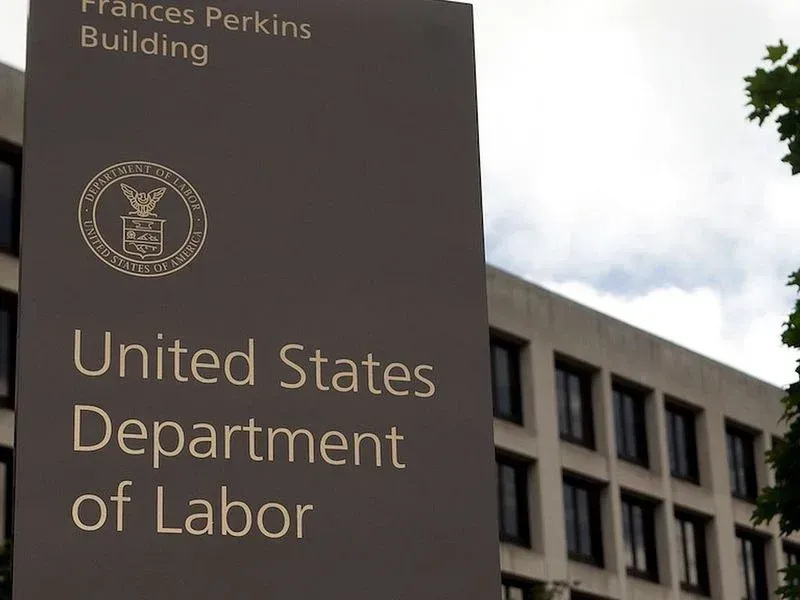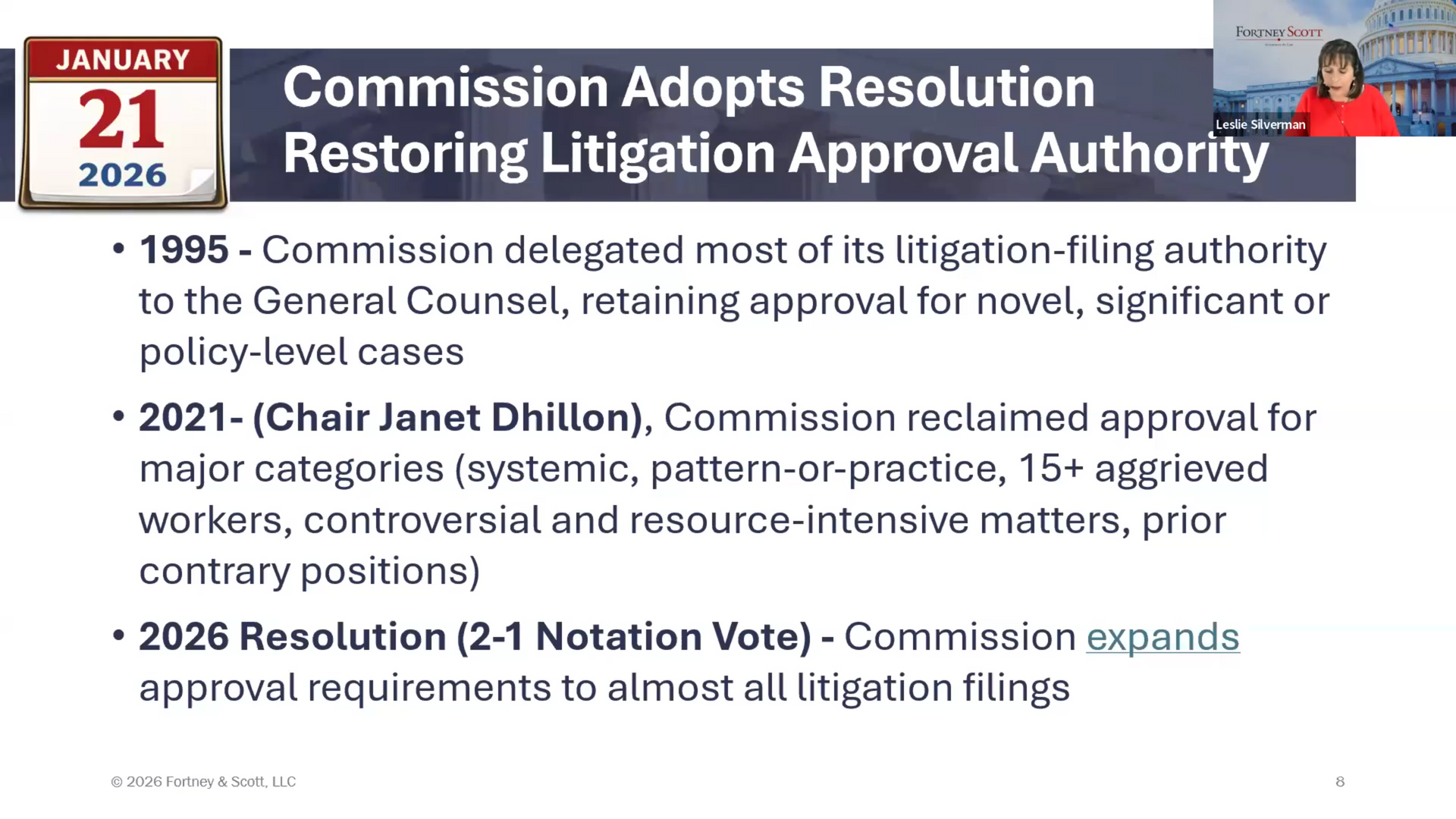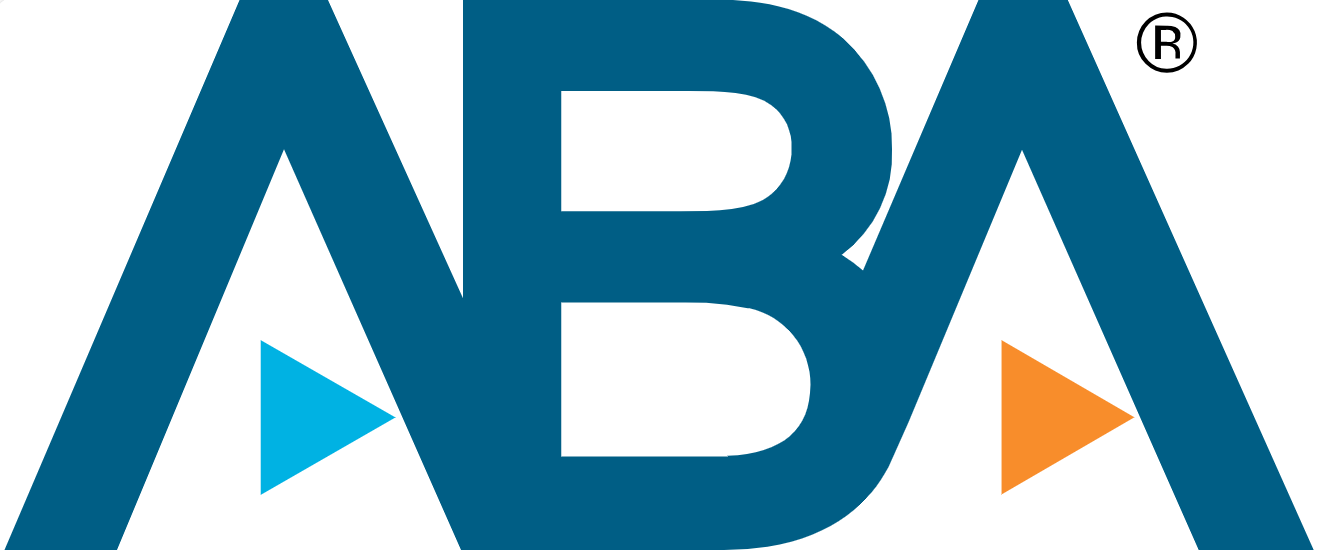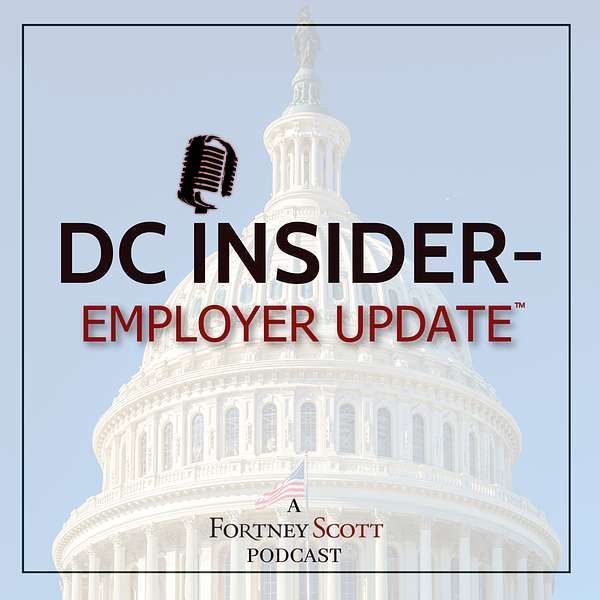Key Steps to Prepare for Expected Federal Blacklisting Rules
The proposed Federal Acquisition Regulation (“FAR”) rule on Fair Pay and Safe Workplaces (“FPSW,” referred to as the “Blacklisting rule”) seeks to prevent companies that violate Federal and comparable state labor laws from doing business with the federal government. (Fact Sheet, Fair Pay and Safe Workplaces Executive Order.) It is expected that the rule and implementing Department of Labor (“DOL”) guidance will be issued soon. In the new regulations, the definition of “violations” is very broad and failure to properly address “violations” could result in the contractor/subcontractor being determined to be “non-responsible.”
To ensure compliance, contractors need to collect new and different information for themselves and their subcontractors. Below are some key steps to prepare for compliance with these new Blacklisting rules:
- Identify your government contracts or subcontracts.
2. Determine whether you currently track and maintain information relating to “violations” of 14 Federal and comparable State labor laws (to be identified) covered by the FPSW.
3. Locate the company’s repositories of information on these violations. (Note: In many companies, this information is not maintained on a single system, but instead is retained in hard copy, in files, in multiple business units and locations, or on multiple electronic systems.)
4. Collect any information on “violations” within the past three years, including information on the “violations,” including any dispositions, settlements or other agreements relating to the “violations.”
5. Review and work with counsel to appropriately respond to any proposed or issued government contract past performance ratings issued under the Contractor Performance Assessment Reporting System (“CPARS”). FAR Part 42.15. These may highlight labor law concerns that could be considered reportable “violations.”
6. Work with counsel to analyze the information on “violations” and past performance ratings to determine whether they pose the risk that you would be determined to have “serious,” “repeated,” or “willful” violations affecting your present responsibility to receive a government contract or subcontract award, or option exercise.
7. Work with counsel to address such risks, such as through the negotiation of an appropriate disposition to mitigate the risk of being determined “non-responsible.”
A contractor’s failure to accurately identify and address these labor law matters for itself and its subcontractors could result in the loss of a procurement, the nonrenewal of a government contract or subcontract, false claims, and even bid protests by your competitors. Contact counsel to discuss your corporate compliance and how you may avoid some of the more serious pitfalls.
Click here for a brief overview provided by Jacqueline Scott and Susan Warshaw Ebner on the Blacklisting regulations.















